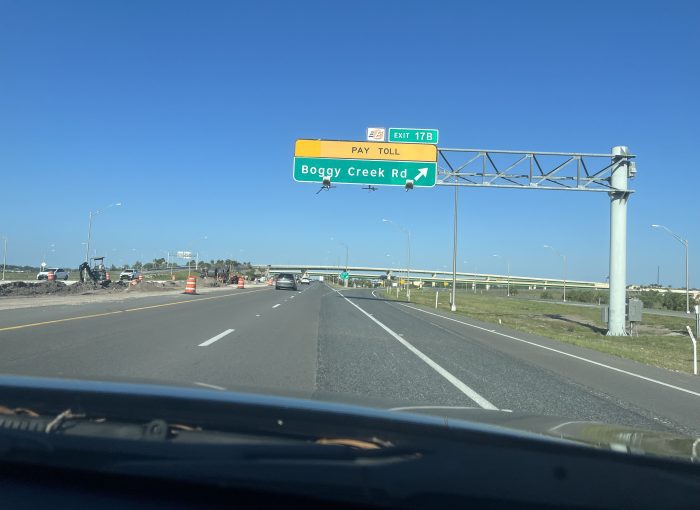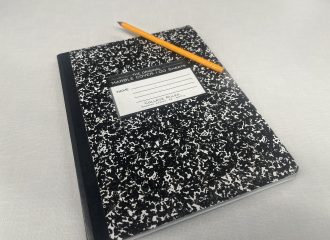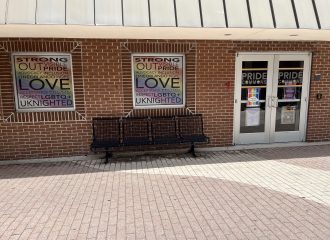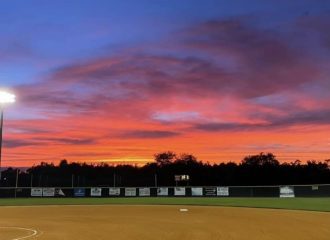by James Rujimora
I tried to suppress my fear of needles, as I watched my eleven-year-old camper decipher which vein to enter. He nervously pressed the butterfly needle into my hand and missed. His face turned pale, and he quickly removed it. Internally shaken and externally composed, I calmly said, “Try again, but this time try my other hand.” Still trembling, my camper tried again…and succeeded! My own trepidation was eclipsed by his joy and newfound independence. The phrase “lend a hand” (or two) will never mean the same to me. I do not know if my camper realized it at that moment, but he gained a lifelong skill – the ability to self-infuse his medication for his illness, Hemophilia. The phrase “lend a hand” will never mean the same to me.
Camp Boggy Creek (CBC) is a medical summer camp for children with serious illnesses. It’s a camp where families, campers, and many others, have the opportunity to reach beyond their illness as Paul Newman, the founder of camp said, “raise a little hell!” At CBC, campers participate in typical summer camp activities (e.g., archery, boating and fishing, woodworking, and more), while under the careful and expert eyes of medical professionals. Our doctors and nurses are present 24/7, because for many of the campers that come through CBC, they are at various stages of their illness that qualifies them for camp (e.g., Heart, Cancer, Epilepsy, Hemophilia, Sickle Cell Disease to name a few). Some weeks, we will have campers with cancer who were recently diagnosed to campers who have just completed chemotherapy treatment. Other weeks, we will have campers with Epilepsy who have never seen a seizure, yet experience them daily. And other weeks, we will have campers who are immunosuppressed so this camp experience may be their only time to interact and socialize with other campers, much less campers like themselves.
It is within the interactions between campers that the magic of camp happens. It is not an exaggeration that campers pack, unpack, pack again, and unpack, to only repack again, because they are so excited, nervous, and eager to spend five days with other campers like themselves. Campers come from all walks of life, backgrounds, and socioeconomic statuses,
Yet despite these differences, they are intimately connected by their specific diagnosis. But if you came to camp, you wouldn’t know it, because everyone acts as if they’re normal. And that’s powerful. To feel normal amongst your peers is something these campers do not take for granted, and it shows. They laugh. They play. They cheer and sing. They eat spaghetti with their faces and perform on stage. They say yes to activities and experiences that others have told them no to.
I am often asked, “Isn’t it sad to work at a place like that?” I chuckle a little before responding, “It is anything but sad!” Because, for all intents and purposes, it is a summer camp in the Seminole State Forest, approximately one hour from UCF’s campus, but when you peel back the experiences of countless staff and volunteers, you soon realize this place is much more! Having spent the better part of my adult life volunteering and working in a variety of roles at camp, this is a place that gives me energy and joy. Each interaction with a camper and family sheds the notion that these campers dwell about their lived experiences; in fact, some of them relish in the opportunity to camp each year – it’s what they look forward to! I’ve even heard some siblings feel jealous that their brother or sister gets to go to camp while they have to stay home.
Something else CBC has taught me and that is to not take my own health for granted. Yes, it is true that campers still take their medications at camp, and will get the occasional cuts and scrapes, but their perspective to just be themselves and not take a single day for granted is awe-inspiring. At camp, I am reminded that health, both physical and mental, is wealth. Despite the serious illnesses our campers may have, working with them has filled my bucket ten times over.
I owe it to CBC and my experiences for my professional career, too. Years as a cabin counselor, I have harnessed and honed my ability to talk to children, to get on their level, and facilitate positive, sustaining relationships between them. These skills can be translated into my current job as a mental health counselor. You could say I went from cabin counselor to professional counselor. Beyond my role as a professional counselor, I am also a current doctoral student in Counselor Education & Supervision. As a doctoral student, I look to transfer the skills, knowledge, and experiences in teaching, research, and supervision I have acquired from the camp. This way I am able to return to camp what it gave me as a volunteer during my high school and undergraduate years.
Where you invest your love, you invest your life– Mumford & Sons.
This lyric speaks volumes to the experiences I have had at camp, and continue to do so. I am grateful for my camp experiences, the camp team I got to work alongside, and the campers and families who choose to come to camp year after year, because for them, this camp experience matters. Just as camp matters to them.




